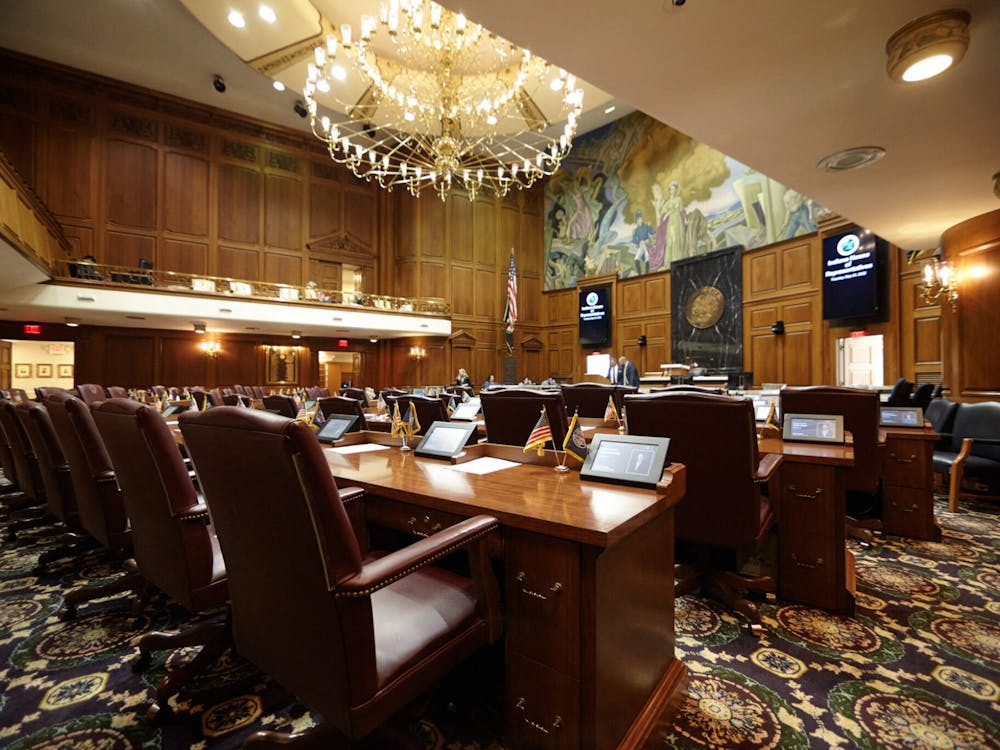A report by Ball State University found that the Cash for Clunkers program created a spike in auto sales during the second half of this year.
Michael Hicks, the director of Center for Business and economic Research, studied the effect the $3 billion program had on auto manufacturers in the short term and what the lasting effects may be.
Cash for Clunkers, also known as Car Allowance Rebate System (CARS), was started by President Obama to help stimulate the economy in the wake of the recession. It operated between July 1 and Nov. 1. It offered up to $4,500 to people who traded in their older, gas guzzling cars for newer, more fuel-efficient models.
"The policy goals of the Cash for Clunkers program were three-fold," Hicks said. "The first one was to stimulate the automobile industry by selling new cars. The second one was to remove fuel-inefficient vehicles from the private sector fleet and replace them with more modern, more fuel efficient vehicles. The third one was to provide a transfer payment to poor people who are primarily the owners of clunkers."
Hicks said the first two goals have been met but since no one is sure yet of who specifically used the program, he could not say for sure that the third goal has also been met.
According to the Department of Transportation more than 690,000 cars were exchanged during the program's run.
Hicks' report said that 3,000 to 5,000 of those cars would have been exchanged without the Clunkers program.
Edmunds.com, an online automobile consultancy, created a similar report that took a different stance on Cash for Clunkers' success.
"Our research indicates that without the Cash for Clunkers program, many customers would not have traded in an old vehicle when making a new purchase," Edmunds.com Senior Analyst David Tompkins said in the report. "That may give some credence to the environmental claims, but unfortunately the economic claims have been rendered quite weak."
Although it was meant to help American car companies, foreign cars were the most popular to buy through the program.
Cash for Clunkers succeeded as a short-term fix but the long-term ramifications of Clunkers is unknown, Hicks said. The $3 billion price tag, while only a small part of the stimulus effort, is unpaid. And Hicks said that since the program ended auto sales have slumped to where they were before the program started.
"I suspect that auto sales will remain depressed for some period of time, but this cleared out a lot of inventory," Hicks said.
Hicks said it is unlikely that Cash for Clunkers will return, saying there was too much concern for the deficit.




